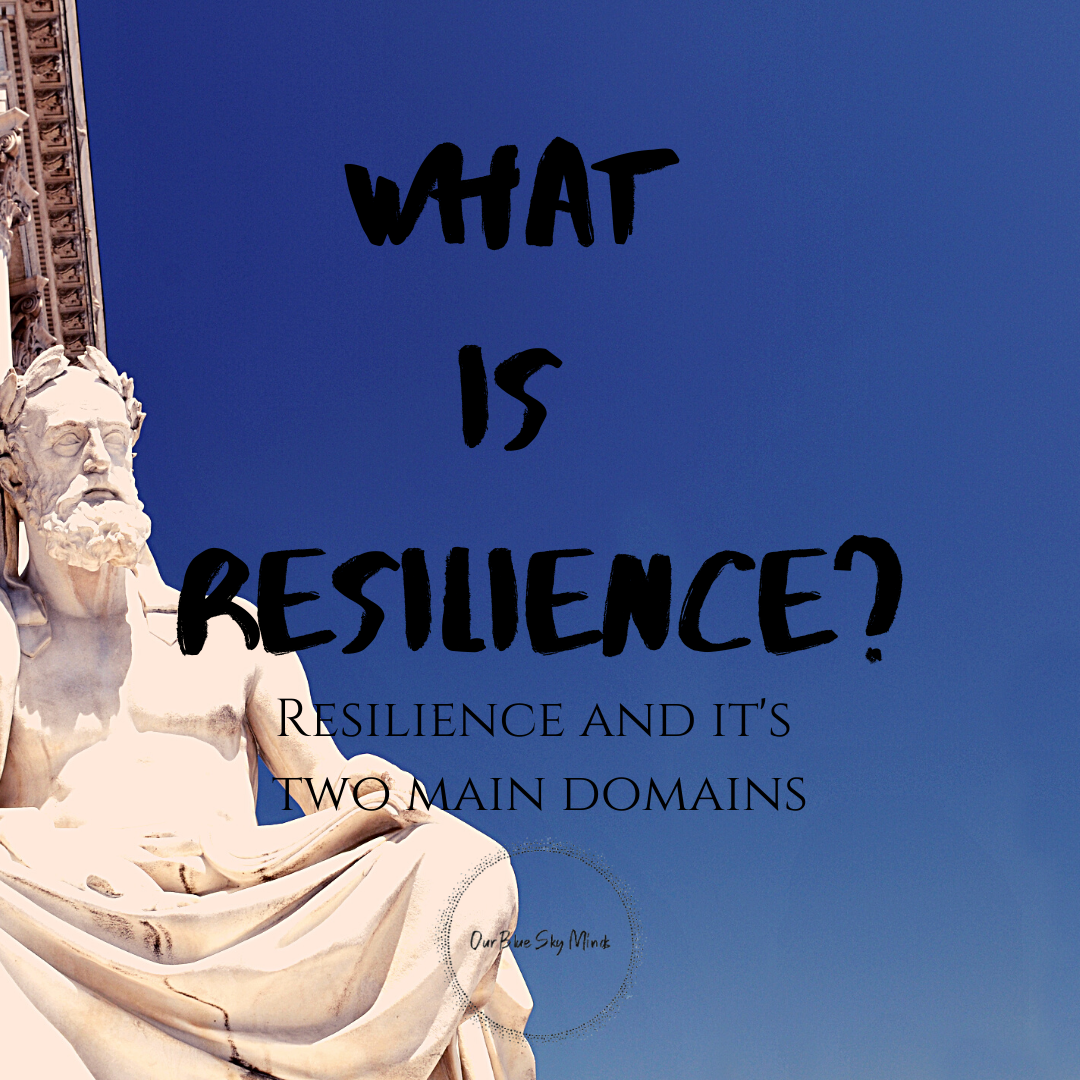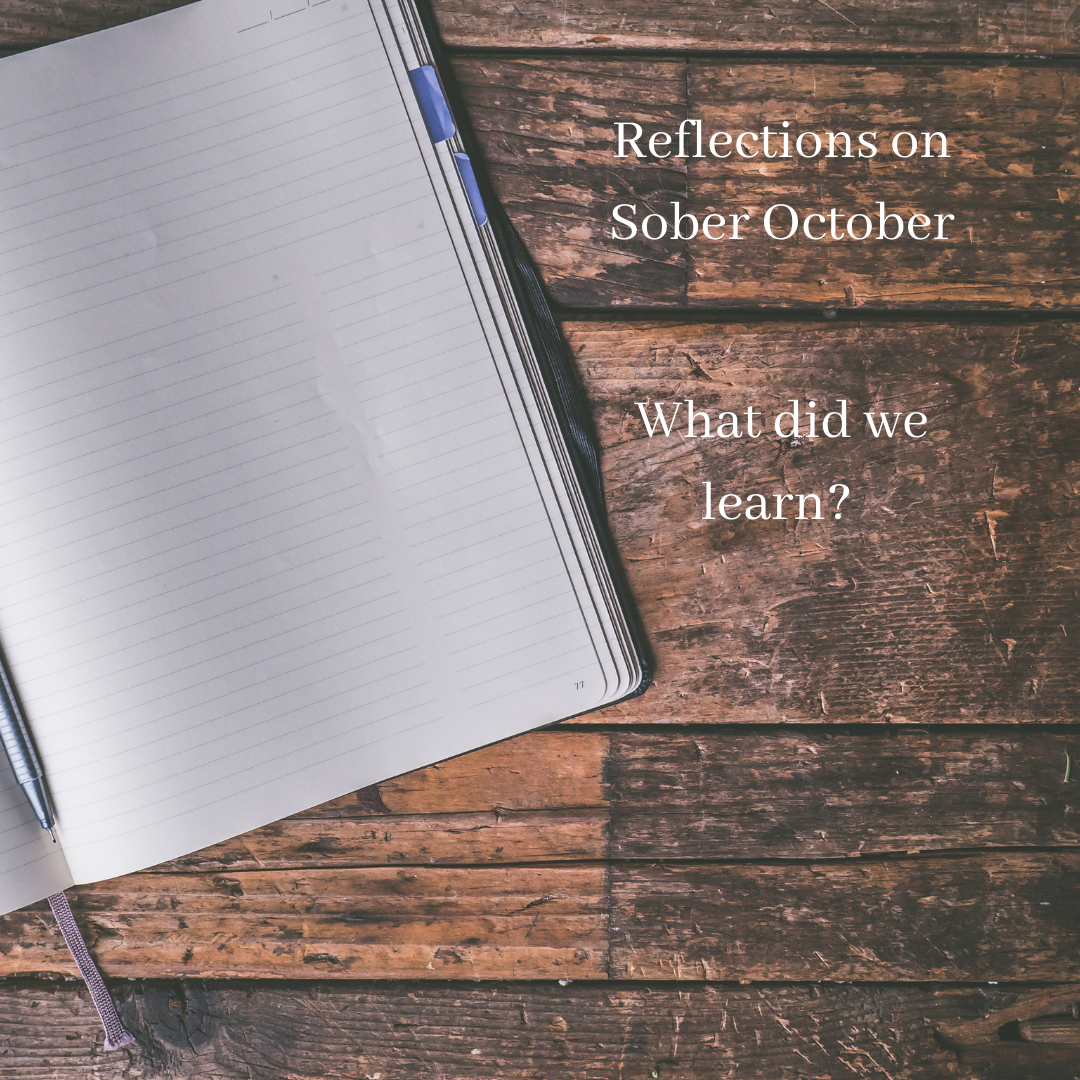
What is Resilience?
There seem to be many ways to conceptualize the idea of resilience to not only make it understandable and unique but also to make it relatable enough such that an individual can use it as a target to focus on and cultivate. After all, the cultivation and expression of resilience in each of our lives is so different; of course, the way we would define it tends to have some variation.

Symmetry of Mind
What do you get when you mix a ferocious lion, a terrified mouse, and millions of years of evolution? The human brain!

Finding Home Everywhere: Expanding Your Comfort Zone
What would it mean to bring home with you, wherever you go? I can only assume that we all have our own personal and unique idea of what this would be like. To me, it would mean feeling comfortable, and at peace, no matter where I went. And when I look back on a lot of the practices and routines that I regularly invest time into, I see that I’m actually trying to expand my comfort zone as far as I can. That much is probably obvious to many of us who are on a journey themed by cultivating resilience and seeking out meaningful experiences and lessons. What may not be as obvious, or it wasn’t to me anyway, is just how easily you can swap the idea of “comfort zone” and “home”, while getting even closer to what feeling we’re truly after.

A Reminder: The Weight of Opinion
The divisiveness of the world has been hitting me differently as of late. I usually have a relatively easy time in keeping separate or at least being aware, of how the state of the world is affecting me psychologically. By that I mean with the amount of time I regularly invest into self-care/anti-stress practices, I am able to stay somewhat ahead of the all-too-familiar psychological turmoil I strive to prevent. Recently, however, I assume as a result of personal stressors (and allowing myself to mindlessly doom scroll Instagram) in my life, I’ve begun to notice a shift. I can see how these personal stressors sneak in and paint a lot of my psychological landscape, deeply affecting my perception of the world and the people, my place in it, and how useful my efforts are, both here and out in the world.

Posture for Social Anxiety
Do you slouch? Do you get anxious in public?
The latter always seems to be a little more obvious… we know what anxiety feels like. Or at least we know that we get uncomfortable in public. But how do you know if you slouch? Beyond seeing a picture of yourself, it might not be entirely obvious, especially if you’ve been slouching for more than a few months - it just feels normal. A better question is probably, do you have back pain? Have you become a victim of the dreaded “zoom meeting” in your transition to working from home? The quarantine has been rough on a lot of us in many different ways, but most commonly it’s wreaked havoc on our bodies and posture.

Stress and Momentum
When we are chronically stressed out, our ability to deal with continued stress is reduced. Our body continually perceives mundane and otherwise typical experiences in life as stressful, leading to constant activation of our fight-or-flight processes. Routine activation of our fight or flight systems, without a return to our restorative, rest-and-digest processes, leads to breakdown throughout our system, especially within the systems that are there to calm us down. I know, I know, what a silly mechanism to install into a “resilient” species. Believe me, I have a few pointers for whoever decided to build this into us.

Social Anxiety and Posture
Among the things I have learned, I’ve noticed this overarching theme; when we are stressed and/or depressed, there are a number of conscious and unconscious responses that our body begins to have. More to the point, we start to “wear” our stresses. Anxiety and depression often breed feelings and thoughts of being burdened, like our life load is too heavy to carry, so our self-esteem and sense of self begin to adapt and believe that we are too small, or too weak to carry on. Psychologically, this is a major source of suffering, secondary of course, to the initial cause of depression/anxiety. Physically, for some, this might actually look like we are carrying a great weight on our shoulders. Our shoulders roll forward, our head shoots out in front of us, we look down at the ground while walking, we might even start to saunter, allowing our heels to drag along the ground. Our body language begins to communicate how we feel inside.

No Self, No Problem
This week, I want to flip things around a bit. We’ll still be talking meditation but from a more psychological, subjective perspective which, in my opinion, is really where the rubber meets the road. We can beef up our hippocampal circuits and reduce our “amygdaloid hair trigger” all we want, but it’s not until we’ve actually had some of the psychological experiences that meditation has to offer that we can really acknowledge and embody the benefits.

Your Brain on Meditation
This week, we’re going to summarize the findings that look at the changes that can happen within your brain both during, and after you begin a meditation practice. It’s useful to know because it not only adds an objective layer of research-backed science that may help incentivize those of you who tend to value objective facts, it can deepen your practice and awe of what it is to experience. Not to mention that it’s also beyond cool to read about all the cognitive changes that are well within your grasp.

Revealing Your Blue Sky Mind
Meditation can be incredibly useful in reducing the tendency to view particular thoughts as intrusive, and instead, we can look at them like we look at a running river or the way a tree has grown; it’s just the way it is and it needed to be that way. Sure, there are still some uncomfortable thoughts that will stick around for longer than we’d like them to, but our relationship with them changes. Meditation lets us establish a bit of distance between our thoughts and where “you” are, making us feel much safer, less threatened, and ultimately, less reactive and bothered. It’s the difference between having rocks thrown at you from someone right beside you versus from someone outside of your castle walls.

How to Meditate: A Beginner’s Guide to the Beginner’s Mind
Welcome back!
Last week, we kicked off what will be several weeks of articles focusing on meditation; the how’s, why’s, and how-to. This week, I want to give you a perspective from which to stand that will allow you to better understand the meditation experience and to leave you with a simple self-guided meditation that can be done anywhere at any time.

Discover the Spotlight: An Introduction to Meditation
Welcome back!
This month, February 2021, we’ll be dissecting one of my favourite topics; meditation. I’m sure that most of you reading this have a rough idea as to what meditation is, maybe you’ve done it a few times, or you might have a regular practice. One of the wonderful things about meditation is that it’s a constant reminder to begin, to start over, again and again. It teaches, among many things, patience and the ability to start fresh each moment. So even if you’ve been meditating for years, there is always something to uncover and witness. It’s all passing show.

How To Journal: A Guide
Welcome back!
For the past few weeks, we’ve been looking at the effects and utility of journaling. If you missed those, you can find them on the article page here. This week, as the final piece for January, I’d love to leave you all with a sample of a guided journal entry and to briefly summarize the research on journaling up until this point. You can find the link to download the sample guided journal entry at the bottom of this page.

Journaling: A Neuropsychological Perspective
Welcome back!
I hope everyone’s 2021 is off to a good, strong start. It’s strange how something as inconsequential as a calendar change can ignite a fire in some of us; I’ve never felt more of a desire to continue my journaling practice, and the benefits have been very noticeable lately. So for the remainder of January, I’ll be focusing on building up a stronger argument for why journaling is a life-changing practice to invite into your daily routine. Be sure to keep an eye on my IG @ourblueskyminds where I’ll be regularly posting some of the scientific findings that support (and maybe not support) the results of a regular journaling practice.
This week, as a sort of continuation from last week, I’d like to focus on the framing and perspective adjustments that are possible when we decide to sit down with a paper, pen, and our situation.

How, Why, and When to Journal
Welcome back and Happy New Year!
2020 was certainly one of the strangest years of my life. Now that the calendar has flipped over, I’m a bit convinced that it was all just a dream. Either way, here we are with it behind us. If you or a loved one experienced difficult times during this time, I am sorry. If you had a great year, that’s fantastic. All of us were impacted in all sorts of ways.

Training CO2 Tolerance
Welcome back.
In the last article, I briefly introduced a breathing technique that serves as an excellent introduction to training CO2 tolerance. We spoke a little bit about why training CO2 tolerance might be a valuable focus for people who spend a little more energy than they would like on controlling and battling feelings of stress, anxiety, or other kinds of overwhelming physiological states. Improving CO2 tolerance through training has also been shown to significantly improve physical performance in athletes in various kinds of sport.

Improving Tolerance to Stress
Welcome back!
This week, I’d love to cover something that I’ve been working with personally over the past few years that I believe could be really helpful for some of you out there that live particularly stressed out lives. And these days, that’s more than likely all of you.


